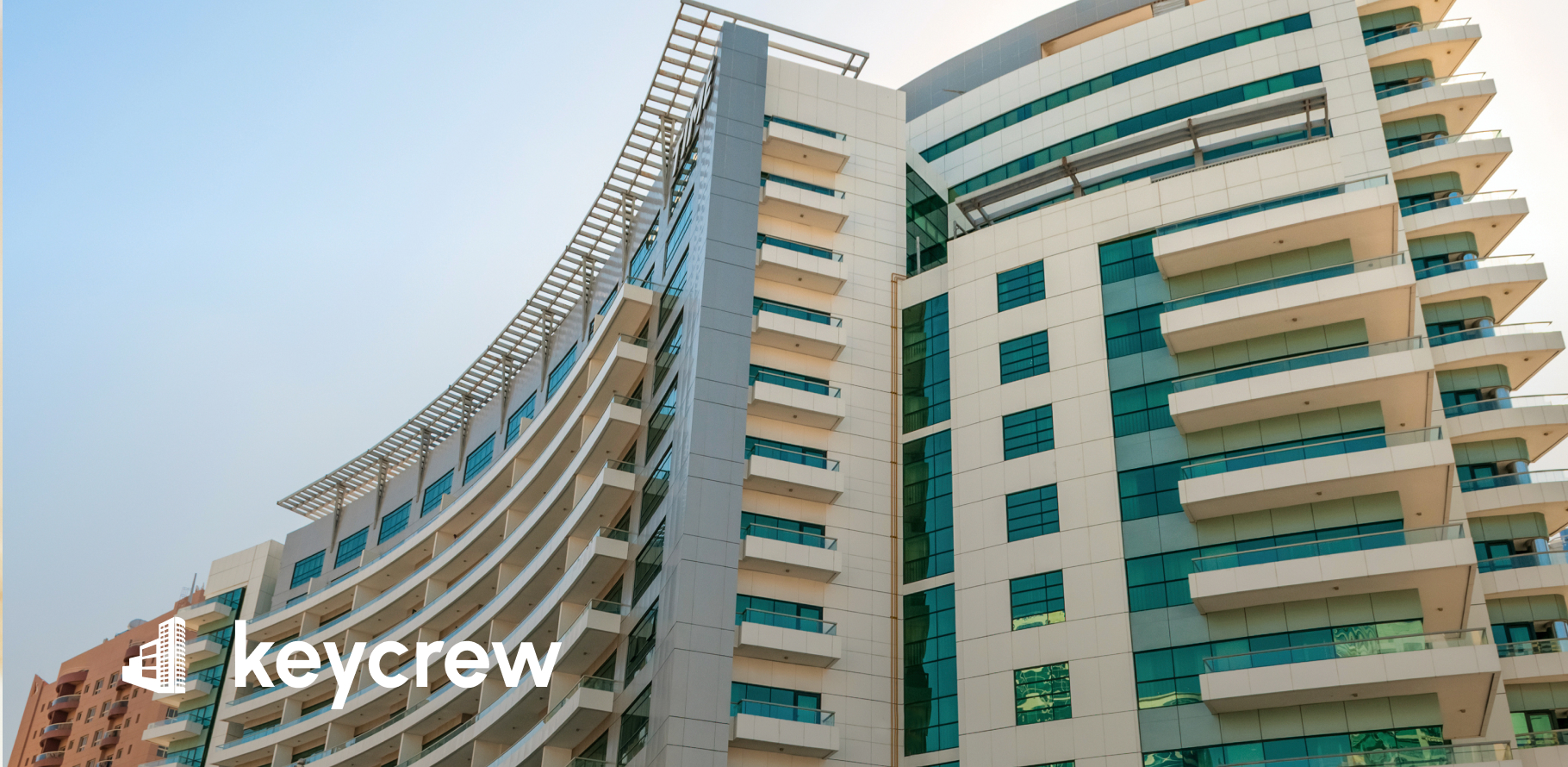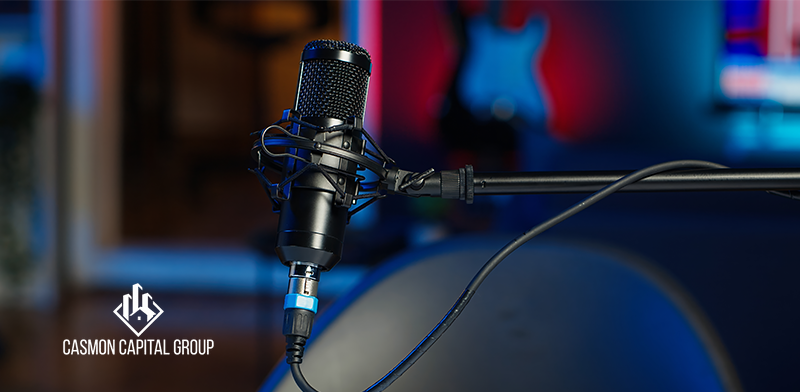Water leak incidents create immediate operational challenges for hotel operators, from guest complaints to costly remedial work. However, the long-term impact of a serious water leak incident may not be fully realized until the hotel’s property insurance policy is due for renewal. Hotels with a history of water damage claims may face a reassessment of their risk profile, potentially leading to premium increases from their renewal date onwards. And in extreme cases, some hotels may find it difficult to secure coverage at all.
A recent case involving an Atlantic City casino brings this into sharp focus. A single frozen pipe incident in a mechanical area resulted in substantial damage, necessitating an insurance payout of more than $5 million. But beyond the remedial work to fix the property damage, the hotel’s insurance broker projected an insurance premium increase at renewal of over $5 million. What’s more, attracting the multiple carriers that were required in order to provide sufficient capacity to cover the total insured value of the hotel proved challenging.
Risk Assessment: Mapping Your Vulnerabilities
Effective water leak detection and prevention begins withunderstanding your property’s specific risk profile. Conduct a comprehensiveroom-by-room assessment, documenting bathroom fixtures, HVAC units, and anyareas with historical problems.
Mechanical systems and areas require equal attention.Evaluate boiler rooms, pump areas, pool equipment, and laundry facilities,which are all spaces that often house the highest-risk equipment. A guestbathroom leak may affect a single room, while a mechanical room failure canshut down elevators and displace entire floors.
Review maintenance logs, insurance claims, and guestcomplaints from recent years to identify any seasonal patterns and recurringproblem areas. This historical analysis can provide useful context for whenplanning targeted prevention strategies.
Technology Solutions: Smart Monitoring Implementation
Modern water leak detection technology can delivercomprehensive early warning capabilities via a network of wireless sensors.Battery-powered sensors can be installed throughout your hotel, communicatingwirelessly to gateway units that cover large building areas.
Strategic sensor placement maximizes protectioneffectiveness. In guest rooms, position sensors under sinks, behind toilets,and beneath HVAC units. For mechanical spaces, place sensors near allpressurized equipment and in areas that have a history of water leaks.
These devices, roughly the size of a popsicle stick with10-year battery life, continuously monitor the property and can alert staff inunder a minute through multiple channels.
Other types of sensors can also be deployed and connected toa monitoring system. Temperature sensors can be deployed, for example insideeconomizers, to detect freezing temperatures that can cause burst pipes.
When evaluating connectivity options, choose sensors thatuse LoRaWAN (Long Range Wide Area Network) protocol rather than Wi-Fi.LoRaWAN’s lower power consumption needs make it better suited forbattery-operated devices while providing superior connectivity range comparedto Wi-Fi systems.
Emergency Response: Minimizing Damage Impact
Staff response times determine whether small leaks becomemajor problems. Therefore, ensure your staff response protocols are alignedwith the alerts and reporting that is provided by your smart monitoring system.
Work with your monitoring provider to create multi-channelalert systems that deliver appropriate information to relevant personnel. Whilelive operator calls and text messages provide immediate notification for urgentresponse, email alerts offer incident documentation. Ensure alerts reach theappropriate staff members through different communication channels to guaranteetimely response regardless of shift schedules.
Ensure your protocols are clear, understood, and easilyaccessible in the event of an emergency. Define specific roles for relevantteam members during water emergencies, eliminating confusion when rapidresponse is critical. For example, maintenance staff should know shutoff valvelocations and operation procedures, while front desk staff should know theguest communication protocols for water-related disruptions.
Insurance Considerations: Leveraging Risk Mitigation
As mentioned, hotels with water damage history may faceincreased insurance premiums at renewal. However, comprehensive leak detectionsystems can potentially help reduce these projected increases by demonstratingproactive risk management to carriers.
Insurance brokers and risk management consultants areincreasingly partnering with smart-monitoring companies to develop riskmitigation strategies that can be presented to insurance carriers. Whileoutcomes depend on each property’s unique loss history and risk factors,proactive measures can strengthen negotiating positions when securing coverageterms.
For example, the aforementioned Atlantic City casinoinvested in monitoring technology, which helped to reduce its forecastedinsurance premium renewal increase.
Building Long-Term Resilience
Effective water leak risk mitigation requires ongoingcommitment to both technology deployment and operational procedures. Regularsystem testing, staff training updates, and equipment maintenance ensure yourproperty remains prepared for water-related incidents.
Focus implementation efforts on high-risk, high-impact areasincluding guest bathrooms, mechanical rooms, HVAC systems, pool areas, andlocations with a history of water damage. The wireless design of modern sensorsystems allows for quick installation with minimal disruption to guest areas.
By implementing smart monitoring systems and comprehensiveresponse protocols, hotel operators can transform their properties fromreactive to proactive water leak risk management. This approach not onlyreduces the risk of major disruptive incidents but may also help propertieswith water damage history to secure more favorable insurance renewal terms.
Originally published on KeyCrew




.jpg)




